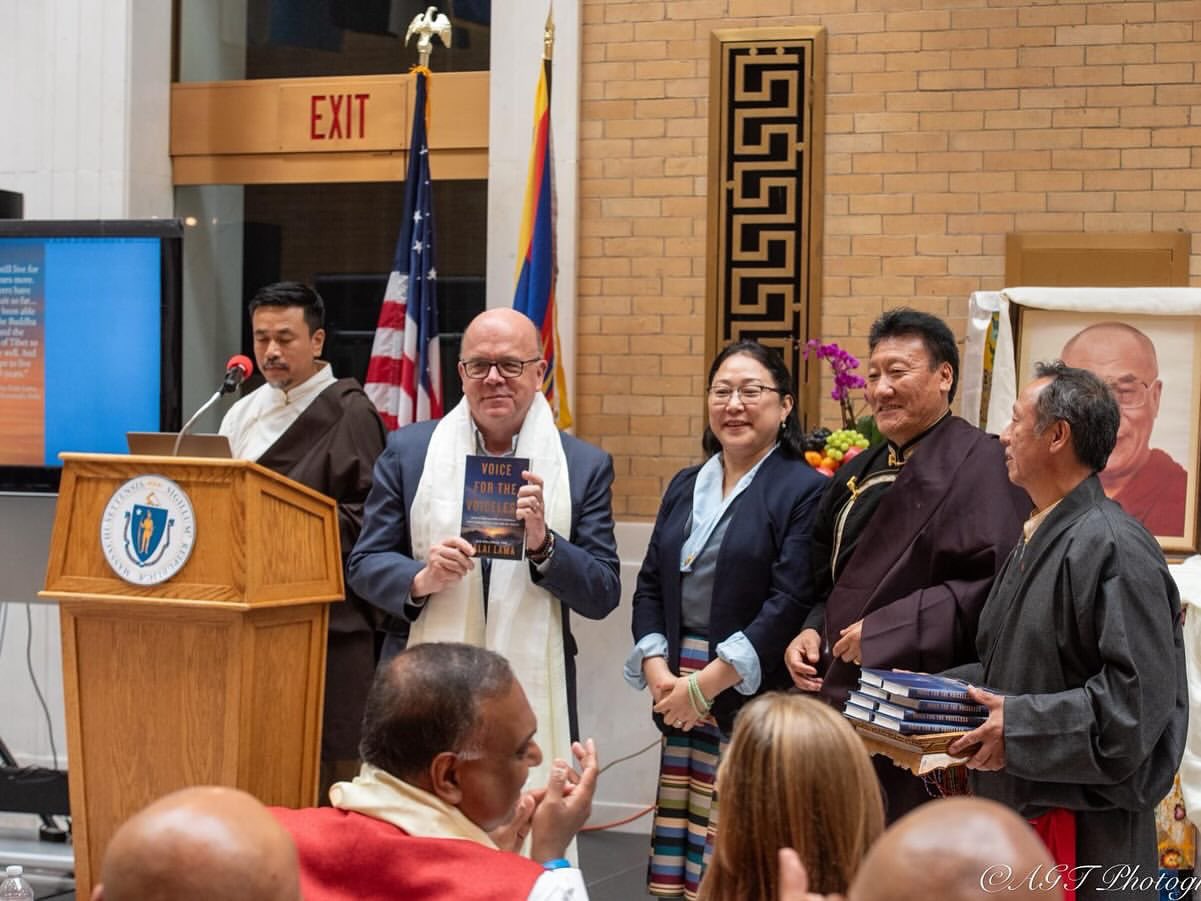Dalai Lama Succession Tensions: A Diplomatic Dance Between China and India
The succession of the Dalai Lama has reignited tensions between China and India, impacting bilateral relations. China insists on its authority over the spiritual leader's succession, while India supports the Dalai Lama's autonomy. This issue emerges amid upcoming high-level diplomatic meetings between the two nations.

The question of the Dalai Lama's succession has become a contentious issue in China-India relations, leading to diplomatic strains between the two Asian powers. Despite China's insistence that it controls the succession process of the Tibetan spiritual leader, India has shown support for the Dalai Lama's declaration of autonomy on the matter.
This tension surfaces just as India's External Affairs Minister S. Jaishankar prepares to visit China for a regional security meeting. This visit marks a significant engagement as it's one of the highest-level interactions between the nations since their relations soured amid violent border clashes in 2020.
China views commentary from Indian officials and strategic analysts on the Dalai Lama's succession as interference in its internal affairs, emphasizing that the issue regarding Tibet, or Xizang as China calls it, is sensitive. However, India continues to host the Tibetan leader in exile and a large Tibetan community, further complicating the diplomatic landscape.
(With inputs from agencies.)
ALSO READ
COS Expands to India: Fashion Forward in New Delhi
Srijan: Reviving New Delhi's Open-Air Art Scene
We have made good progress in past nine months for the normalisation of our bilateral relations: Jaishankar in meeting with Wang.
Measures towards normalising people-to-people exchanges can certainly foster mutually beneficial cooperation:Jaishankar in meeting with Wang.
Diplomatic Bridge: Jaishankar's Pivotal SCO Visit Amid China-India Tensions










